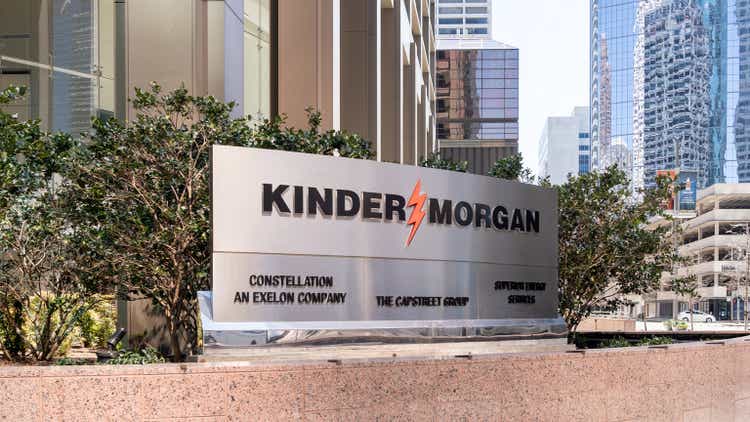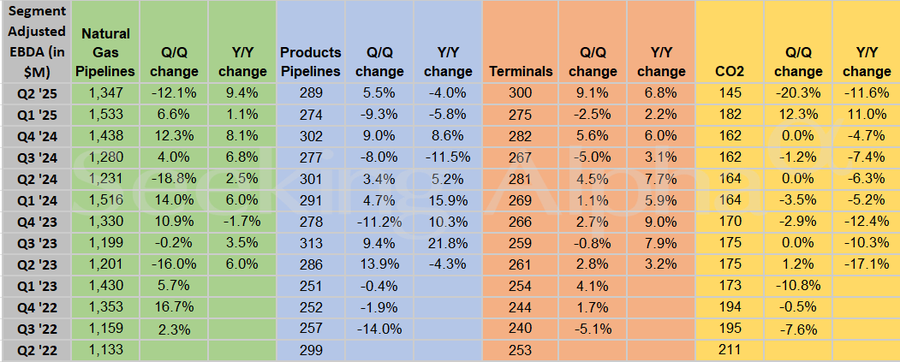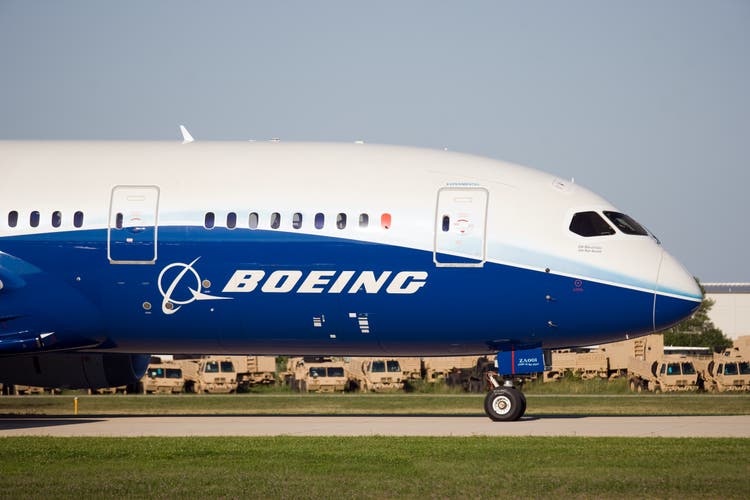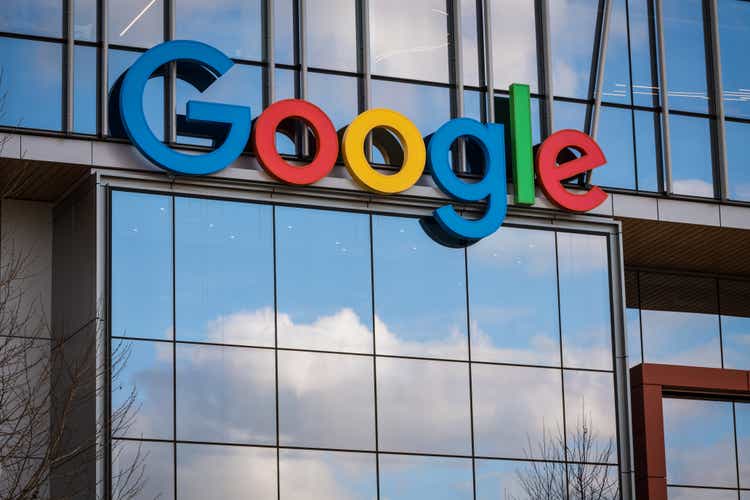Good morning. Citi delivered a strong second quarter as C-suite leaders and consumers continue to adapt to persistent tariff and economic uncertainty.
During a media call on Tuesday morning ahead of Citi’s earnings call, CFO Mark Mason shared insights on the company’s performance—net income for the second quarter was $4 billion, up 25% year over year—and client outlook.
“Generally speaking, CEOs learn how to navigate the uncertainty and the volatility in markets,” Mason said. Even with some executives taking a cautious, wait-and-see approach to the economy, he expects business activity to continue picking up. He added that sentiment has improved, and the recession risk has declined significantly since the start of the second quarter.
Mason also noted that consumer financial health is “holding up nicely despite some of the uncertainty that’s still out there in the market.” While he described today’s consumers as more discerning, he observed that affluent customers are continuing to spend. Citi’s branded card spending volumes increased about 4% year over year, though travel-related spending has softened slightly.
Mason acknowledged that new tariffs on imported goods—due to take effect Aug. 1 across several countries—could still influence inflation and lead to unintended economic consequences. Tariffs are taxes on imports, and their most direct typical effect is to drive up costs for producers and prices for consumers.
“How that might show up in inflation and what some of the other unintended consequences might be is still unknown,” he said. Citi continues monitoring developments regarding tariffs, inflation, and labor market trends.
Citi exceeds expectations
Citi (No. 21 on the Fortune 500) outperformed analyst expectations this quarter. The bank reported:
—Earnings per share (EPS): $1.96 (versus $1.61 expected).
—Revenue: $21.7 billion, up 8% year over year (versus $21 billion expected).
—Revenue increased across all business lines. Banking was a standout, with revenue rising 18% from Q2 2024, despite losses on loan hedges.
—Record Q2 revenues in services, wealth, and U.S. personal banking segments.
Citi also raised its full-year revenue guidance to approximately $84 billion, the top end of its previous range ($83.1 billion to $84.1 billion). The bank also lifted its forecast for net interest income growth to about 4%, up from the prior range of 2% to 3%.
Leaning into AI to boost performance
Citi’s expenses rose 2% year over year to $13.6 billion, largely due to higher severance and technology investments. Mason emphasized that Citi’s strategic focus on AI and digital innovation is already contributing to improved performance.
“As a lot of companies, including Citi, are looking to improve productivity and efficiencies, this is the time to not step back from allocating resources to how we can use AI, but to instead lean into it—and that’s exactly what we’re doing,” Mason said. Generative AI tools like Citi Assist and Citi Stylus are being deployed at scale across the organization to improve employee productivity and streamline operations.
Use cases he mentioned include helping developers generate code and speed up technology development; improving data quality and regulatory reporting; and supporting data lineage and systems tracing for compliance tasks.
During the earnings call, CEO Jane Fraser added that ongoing efforts to modernize the bank’s infrastructure and improve efficiency will support future advancements in stablecoins and digital assets. These offerings, she emphasized, will be delivered in “a safe and sound manner.”
Amid global uncertainty and looming tariff changes, Citi is committed to long-term innovation, Mason said.
Sheryl Estrada
sheryl.estrada@fortune.com
This story was originally featured on Fortune.com

 15 hours ago
1
15 hours ago
1













 English (US) ·
English (US) ·